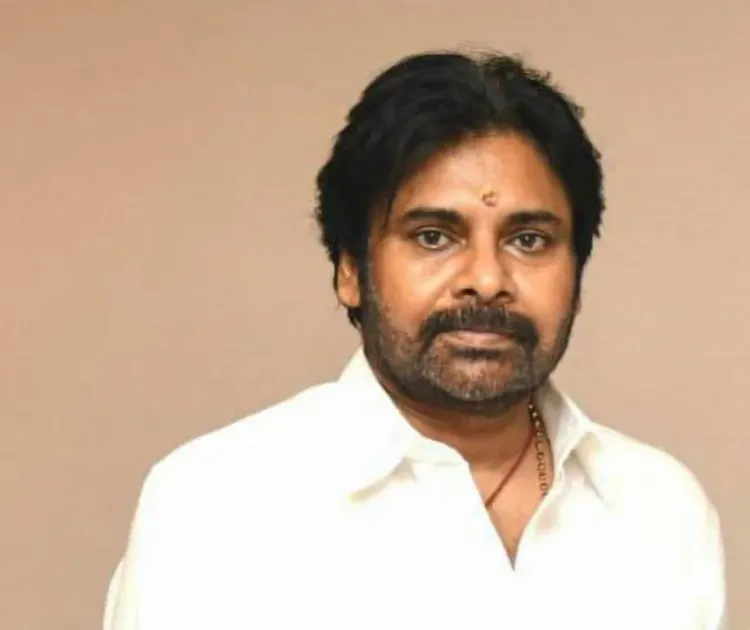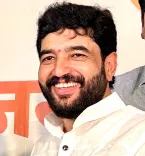Should Pawan Kalyan Advocate for a Greater Understanding of Hindu Customs in Temple Management?

Synopsis
Key Takeaways
- Pawan Kalyan calls for a better understanding of Hindu traditions in temple management.
- Government oversight is seen as detrimental to the independence of Hindu communities.
- Cultural sensitivity is crucial for individuals in administrative roles within temples.
- Many Hindus advocate for the removal of state control over religious institutions.
- The debate over temple governance is ongoing in India.
Mumbai, July 22 (NationPress) Andhra Pradesh's Deputy Chief Minister and popular actor Pawan Kalyan has urged for an enhanced comprehension of Hindu customs and traditions in the administration of temples.
Addressing inquiries about managing Hindu temples and safeguarding religious practices, Kalyan highlighted the necessity of cultural awareness and empathy. He pointed out that those lacking familiarity with Hindu traditions might inadvertently offend religious sentiments, particularly when they occupy administrative positions within temple organizations.
In a discussion with IANS, Kalyan remarked, “There is no such thing; you must understand. If someone questions me, it feels exclusive; it resembles some form of discrimination. I would like to pose a question to you. Would you permit certain non-religious individuals, those not of African faith, to come here and converse with me? The reason being that without grasping the fundamentals, you may not know how to properly adhere to customs, such as wearing a mask or maintaining hygiene, facts that are not applicable to someone who does not wish to be identified as a Muslim.”
“Thus, why should people who are ignorant of Hindu customs be involved with Hindus? This is not discrimination; it is not a just cause. The issue in India is that governmental departments are managed by the government, and employees therein can be part of the government. Hence, there is no religious discrimination in the system.”
Pawan also expressed concerns about government-appointed individuals in religious sectors who may lack the essential knowledge or respect for the traditions they are tasked with preserving. “Those assigned to oversee Hindu practices as part of their roles often do not understand Indian society, which could lead to unintentional harm to sentiments, and I do not view that as erroneous. It is about honoring the demands of the populace.”
The governance of Hindu temples in India has been a contested topic in recent years. Many Hindus are calling for the abolition of government control over temples, asserting that excessive state oversight infringes upon the rights of Hindu communities to independently manage their sacred spaces, thereby impacting their freedom to uphold and practice their traditions.








